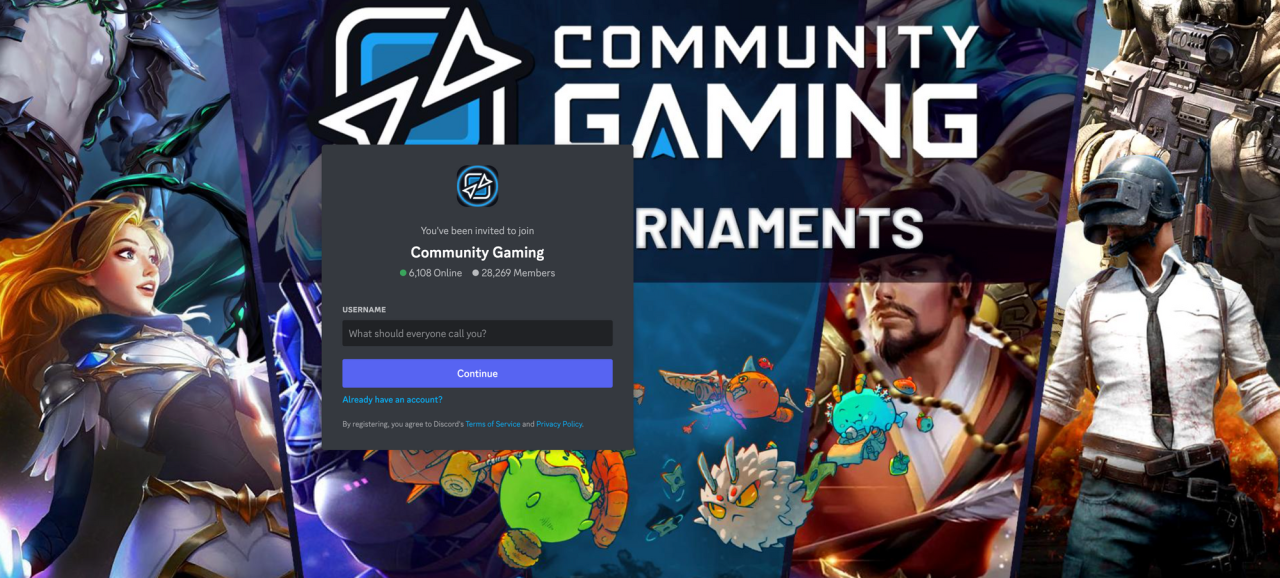Gaming is more than just playing—it’s about connecting, sharing, learning, and growing together. Whether you’re looking for strategies, gear reviews, teammates, or just a chill space to hang out, the best gaming communities offer much more than gameplay. Here are some top online communities every gamer should consider joining in 2025.

1. Reddit Subreddits
Reddit remains one of the most vibrant and diverse spaces for gamers. Subreddits like r/gaming, r/pcgaming, r/GameDeals, and many game‑specific subreddits provide everything from daily news, memes, technical help, to deep strategy discussions. The upvote/downvote system helps good content rise, and many of these communities host AMAs with devs or players. :contentReference[oaicite:0]{index=0}
2. Discord Servers
Discord has evolved into a key hub for gamers. You can find servers for nearly every game or interest—voice channels for live communication, text channels for guides, memes, announcements, and community‑run events. These are excellent for forming friendships, finding teammates, or getting help quickly. :contentReference[oaicite:1]{index=1}
3. GameFAQs & Classic Forums
For gamers who prefer structured discussion, walkthroughs, and Q&A style help, GameFAQs is a go‑to. You’ll find game‑specific boards, user‑submitted FAQs, and long‑standing threads with high‑quality information. Forums have a slower pace than Discord or Reddit, but they often offer more detailed, archivally preserved content. :contentReference[oaicite:2]{index=2}
4. Steam Community & Groups
If you primarily play PC games on Steam, the Steam Community is great for joining groups, finding mods, sharing screenshots, and participating in discussions around your favorite games. It integrates naturally with your game library and often has official announcements or beta testing opportunities. :contentReference[oaicite:3]{index=3}
5. Indie & Developer‑Focused Sites (Itch.io, IndieDB, TIGSource)
For indie game lovers and aspiring devs, sites like Itch.io, IndieDB, and TIGSource are excellent. These platforms let you discover experimental games, participate in game jams, get feedback on your projects, and engage with a passionate creator community. If you want both to play and learn about game creation, these are must‑joins. :contentReference[oaicite:4]{index=4}
6. Social Media & Niche Groups
Beyond big forums and platforms, smaller Facebook groups, or niche communities (for example genre‑specific groups or regional gaming communities) offer more intimate environments. You can find groups focused on mobile gaming, eSports, retro games, or even local meetups. These can be very welcoming and useful. :contentReference[oaicite:5]{index=5}
7. Specialized Communities & Inclusive Spaces
Want a space with shared identity or certain values? There are communities built around being more inclusive, safe from harassment, or focused on supporting underrepresented gamers. Examples include r/GirlGamers, or groups that emphasize positive culture. These are important if you value encouragement, understanding, and respect in your gaming experience. :contentReference[oaicite:6]{index=6}
How to Choose the Right Community for You
- Values matter: Check the rules, moderators, how they deal with toxicity, whether people are respectful.
- Activity level: Community that’s too quiet may be boring; too chaotic may be overwhelming.
- Focus or niche: If you like a specific game or genre, communities focused on that will be more rewarding than super broad ones.
- Platform compatibility: Whether mobile‑friendly, PC, console, or cross‑platform.
- Language & region: Sometimes local/regional groups are better for finding friends in your time zone.
Benefits of Being in a Good Gaming Community
Joining a strong, positive gaming community has many upsides:
- Learning new strategies, tips, or mods you didn’t know.
- Finding teammates for multiplayer games or tournaments.
- Making friends who share your interests.
- Staying updated with game news, patches, events.
- Support in technical problems or help when stuck in a game.
Potential Pitfalls & How to Avoid Them
Communities are great, but not perfect. Some pitfalls include toxicity, spam, or being overwhelmed by too many channels/posts. To avoid these:
- Start by lurking—see how people behave before participating.
- Pick communities with active moderation.
- Set boundaries for your time so you don’t get burned out.
- If something feels negative, leave or mute; find spaces that feel good to you.
Conclusion
Getting involved in gaming communities can enrich your experiences far beyond what solo play offers. Whether you’re after tips, friendships, or collaborative fun, there are many excellent communities out there. Explore a few, find ones that align with your style and values, and dive in. The right community can make your gaming journey more fun, meaningful, and connected.